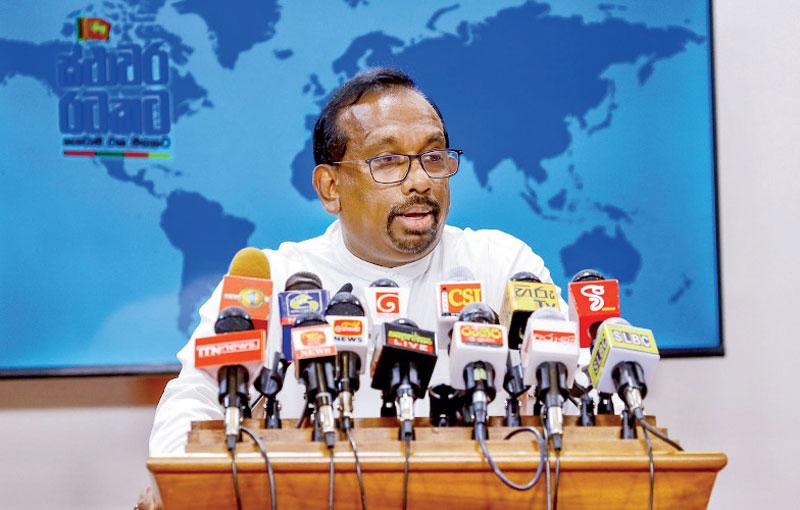Reply To:
Name - Reply Comment

Mahindananda Aluthgamage
As Sri Lanka strives to improve its revenue collection, especially in terms of tax, the required efforts have been rolled out to amend the Inland Revenue Ordinance, the Sectoral Oversight Committee on National Economic and Physical Planning said.
As lacklustre performance has been observed within the Inland Revenue Department, an issue the government is grappling with for years, the new ordinance aims to empowering robust measures to address the same.
According to the committee, the object ive is to make formidab le decisions regarding the officials not contributing effectively to the state’s tax revenue enhancement.
“Efforts are underway in collaboration with the Justice Ministry to promptly amend the Inland Revenue Act, addressing critical concerns in Sri Lanka’s tax collection system. Proposals to reduce the number of allowable appeals against tax payments from four to two have been put forth in Parliament, with the support of President Ranil Wickremesinghe. This move aims to streamline the tax collection process,” said Sectoral Oversight Committee on National Economic and Physical Planning Chairman Mahindananda Aluthgamage.
He made the comments while delivering an address at the Presidential Secretariat this week.
While the global trend at present is towards simplifying tax policies, the intricacies present in Sri Lanka’s tax system highlight a pressing need for reform, he said, adding that it is worth noting that in the current framework, legal recourse against non-payment of taxes is limited. Therefore, an immediate change of the nation’s tax policy is imperative, given that the department is tasked with collecting Rs.904 billion in taxes, he noted.
Sri Lanka is the only country in the world that permits the submission of four appeals without fulfilling tax obligations to the government. A staggering 15-year period is required to scrutinise these four appeals. The government has set a state tax revenue target of Rs.3,105 billion for the current year, however, assessments reveal that only Rs.1,179 billion has been collected so far from the relevant institutions.
In place is also the Revenue Administration Management Information System (RAMIS) established with an investment of Rs.8 million. Despite being developed, the system remains unimplemented for over a decade, casting doubts on the efficiency of the current procedures.
The digital system, spanning 42 institutions, has the potential to facilitate transparent and streamlined operations. Implementing the system could mitigate irregularities and promote fairness, Aluthgamage said.
He asserted that a determined effort towards tax reform, legislative changes and adoption of digital systems reflects a resolute commitment to enhancing Sri Lanka’s tax collection efficiency and fiscal transparency.
Furthermore, stating that a critical examination of tax audit firms is imperative as several cases of significant fraud have been identified within the prominent auditing companies, he pointed out that the existing acts do not effectively enable comprehensive auditing, leading to proposals for new legislative measures.